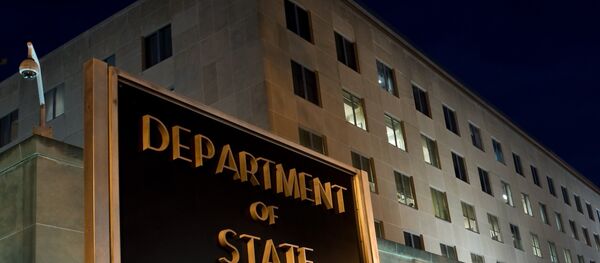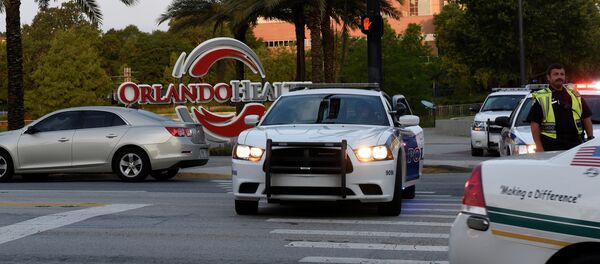The agency wants to add a line to the form tourists must submit, particularly for people who don’t have a visa and wish to stay in the US for ninety days. This is being put forth as a national security measure, and authorities proponents stress that while people won’t be forced to disclose the information, not doing so could raise red flags.
Radio Sputnik speaks with Chief Victor Manjarrez Jr. of the international security and intelligence consulting firm Command Consulting Group about the implication of this proposed measure.
Manjarrez says that social media has become a new frontier for "homeland security practitioners," noting that there are roughly 1.7 billion active Facebook users worldwide and that these profiles function as a kind of "digital footprint."
"It’s much easier for homeland security practitioners to vet those who have more information listed," he says.
Asked if people who simply don’t have social media profiles will be considered suspicious, particularly older people who aren’t as familiar with social media platforms, Manjarrez explains that people in their 50s, 60s and older will not be considered as suspicious as millennials in the same situation.
Still, social media can, in fact, be a useful tool for law enforcement.
"We do see social media being exploited by transnational criminal organizations. So criminal organizations using social media is a daily occurrence, and law enforcement recognizes that," he says.
He adds that criminals sometimes makes surveillance agency’s jobs easier by incriminating themselves online.
"…Even though it sounds silly that someone would actually go on social media [and] announce their intentions before [committing a crime], you’d be surprised how often that happens."
When asked if he thought innocent people will be affected by the new proposal, Manjarrez said he thinks it’s inevitable.
"I believe their applications may get delayed for a lengthy time if their name matches that of someone on a terrorist watch list."





